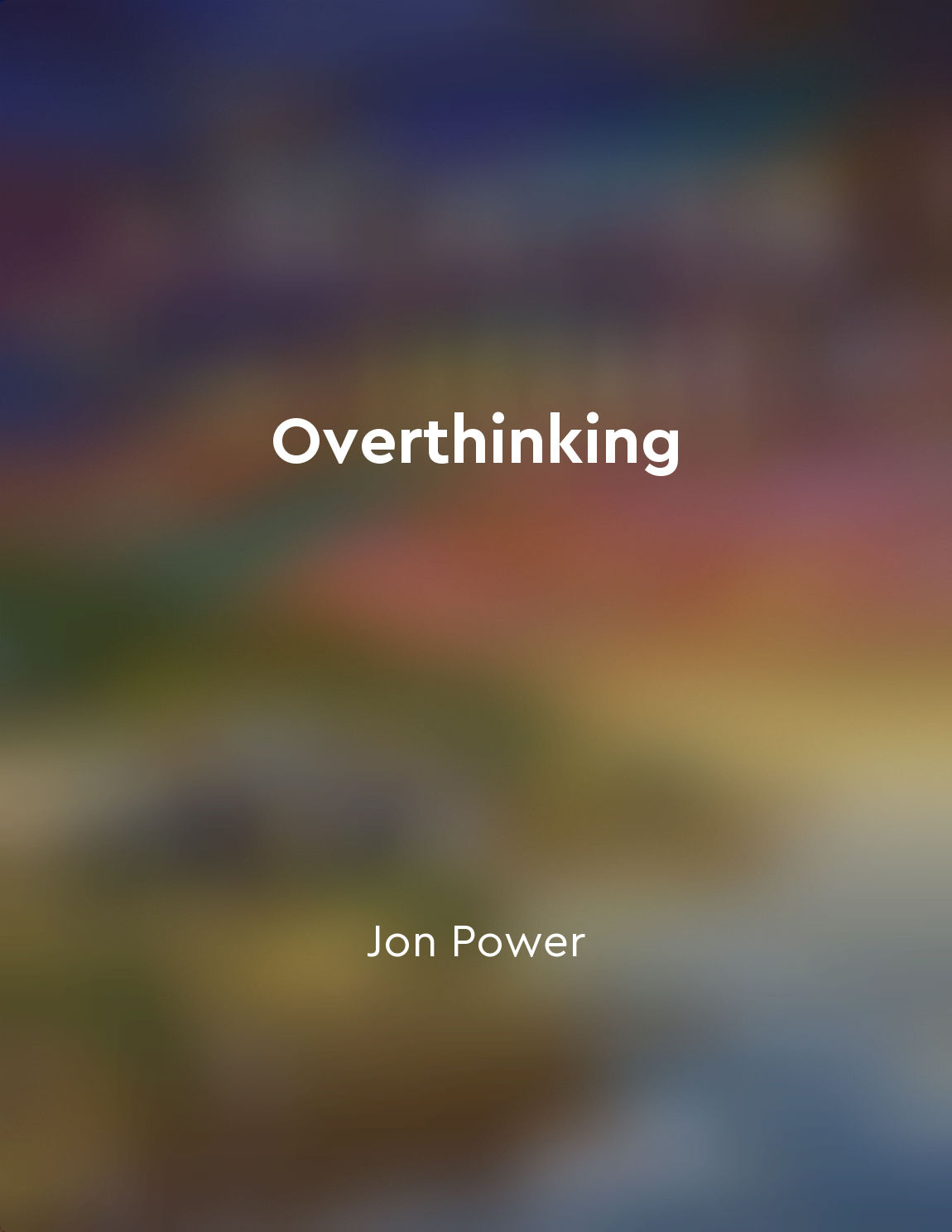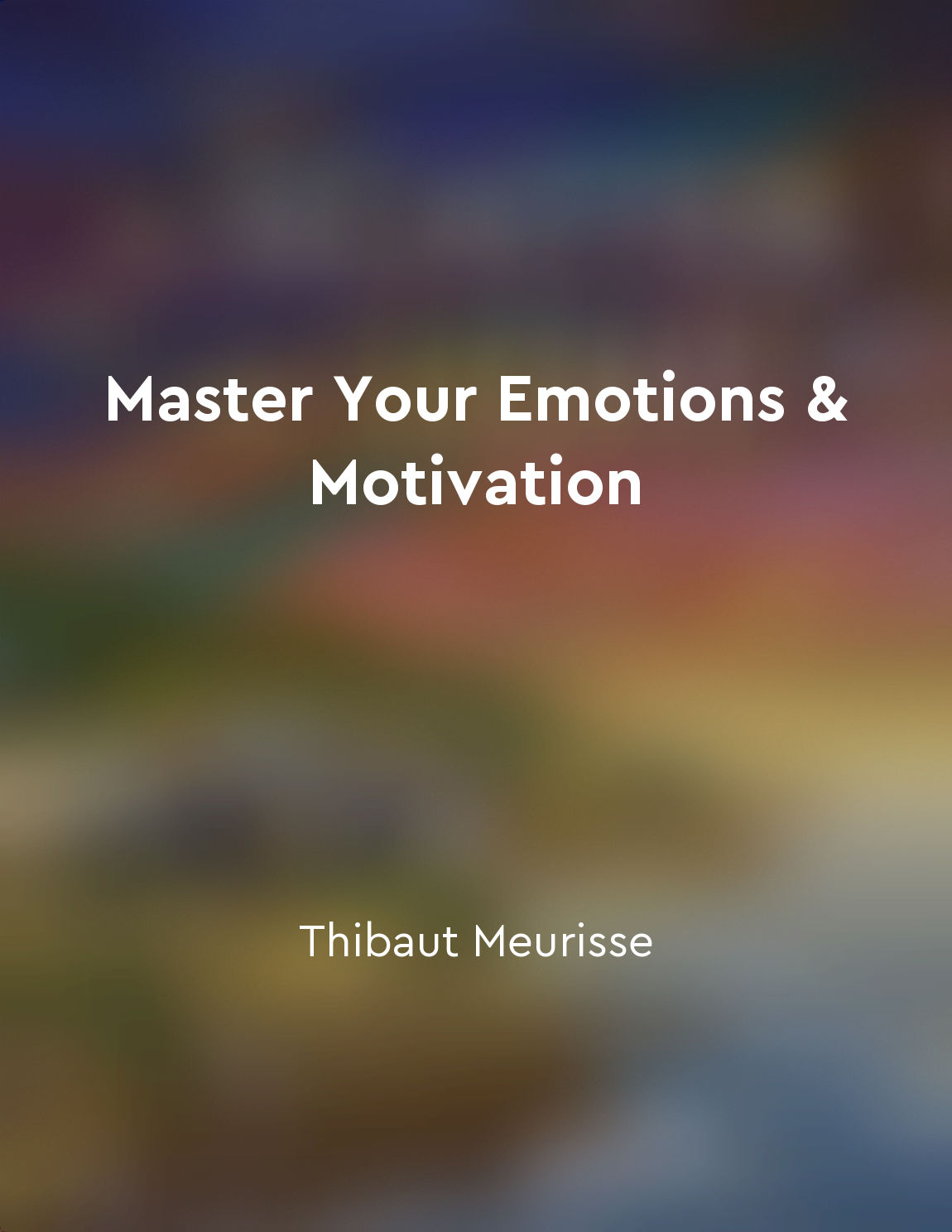Selfcompassion is not about self-pity or self-indulgence from "summary" of The Mindful Self-Compassion Workbook by Kristin Neff,Christopher Germer
Self-compassion is fundamentally different from self-pity and self-indulgence. Self-pity is more about feeling sorry for oneself and focusing on one's own problems in a way that can be self-absorbed and isolating. It's like being stuck in a victim mentality, where everything seems to be happening to you and you are powerless to change it. Self-compassion, on the other hand, involves recognizing that suffering is a part of the shared human experience. It's about acknowledging your pain with kindness and understanding, rather than getting wrapped up in a cycle of self-pity. Similarly, self-indulgence is about seeking pleasure and comfort at all costs, regardless of the consequences. It often involves overindulging in things that may feel good in the moment but are not ultimately in our best interest. Self-compassion, on the other hand, is about meeting our needs in a healthy and balanced way. It's about treating ourselves with the same kindness and care that we would offer to a good friend in times of need. Self-compassion is not about letting ourselves off the hook or avoiding responsibility. It's not about making excuses for our behavior or indulging in harmful habits. Instead, self-compassion involves taking responsibility for our actions and their consequences while also recognizing our inherent worth and humanity. It's about holding ourselves accountable in a way that is kind and supportive, rather than harsh and critical.- Self-compassion is a balanced approach to dealing with ourselves and our challenges. It's about acknowledging our pain and suffering without getting lost in self-pity, and meeting our needs in a healthy way without falling into self-indulgence. By practicing self-compassion, we can cultivate a sense of inner strength and resilience that allows us to face life's difficulties with greater ease and grace.
Similar Posts
Mindfulness is a path towards selfcompassion
In the practice of mindfulness, we begin to cultivate a deeper sense of awareness and presence in our everyday lives. This invo...
Love is liberating
Love is liberating because it helps us break free from the prison of our own ego. When we are in love, we are no longer concern...

Overthinking can lead to anxiety
When we find ourselves overthinking, our minds become entangled in a web of endless thoughts, scenarios, and possibilities. We ...
Stop trying to avoid pain and discomfort
Avoidance is a natural response to pain and discomfort. When we encounter something unpleasant, our first instinct is to get aw...

Stay adaptable in the face of adversity
Life is full of ups and downs. Challenges and obstacles are bound to come your way at some point. When faced with adversity, it...
Treat yourself with the same love and respect you give others
Treating yourself with the same love and respect you give to others is a fundamental aspect of self-love. It is about recognizi...
Embrace the power of choice
When we think about happiness, we often believe that external circumstances determine our level of satisfaction. We blame our j...

Understanding the impact of technology on mental health
In our crazy, wired-up world, it's impossible to ignore the impact of technology on our mental well-being. We're constantly bom...

Embracing change as a natural part of life
Change is an inevitable part of life. It is a constant force that shapes our experiences and challenges us to grow and adapt. W...
Practice mindfulness and meditation
To cultivate a sense of mindfulness and inner peace, it's important to make time for meditation in your daily routine. This pra...

